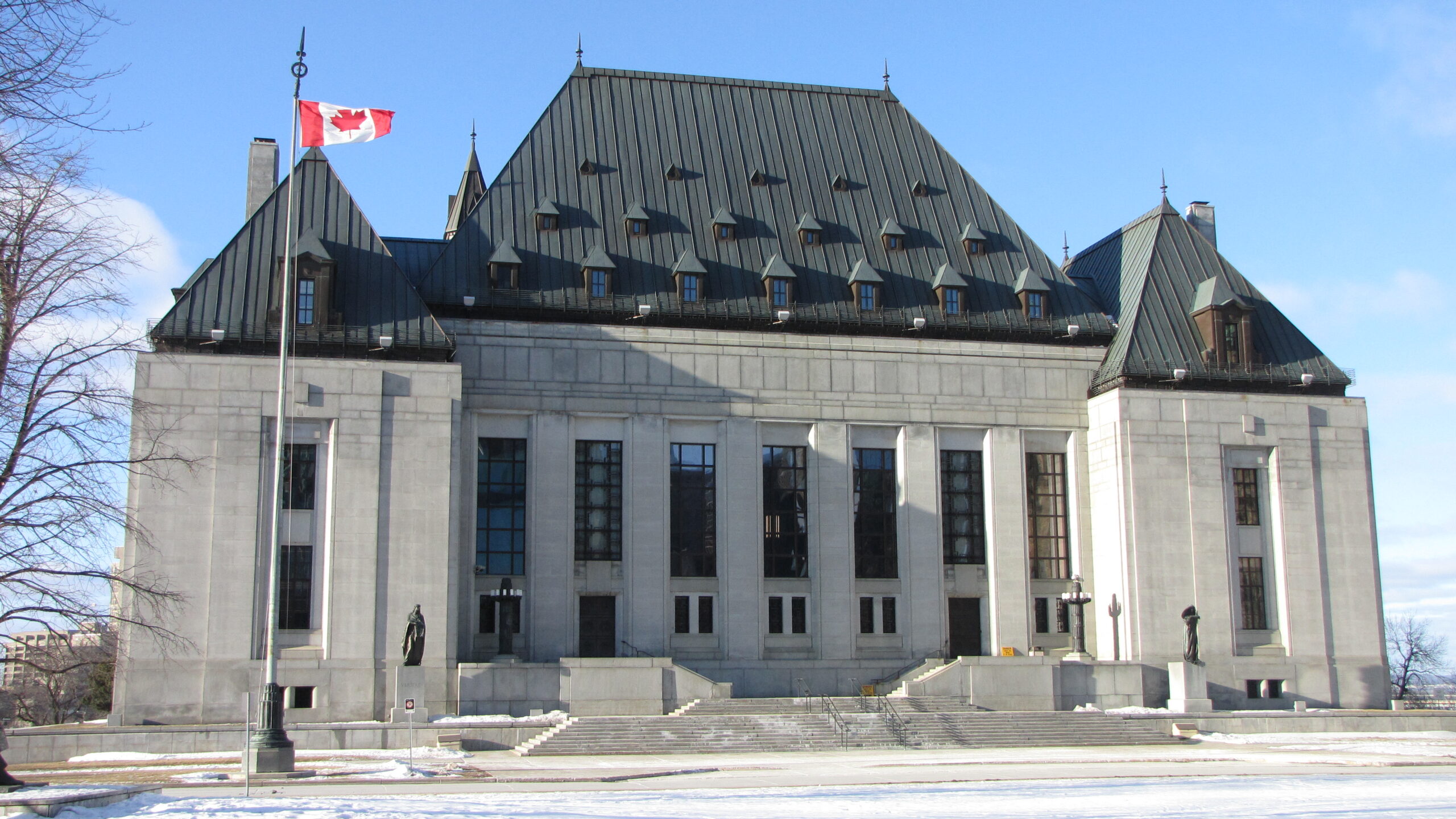A number of commentators have recently renewed a debate over the Supreme Court’s “activism,” criticizing the Court for overstepping its authority. On the Policy Options blog, Leonid Sirota responds.
Over at Maclean’s, I take issue with both the critics and the critics of the critics, elaborating on what judicial activism means and why it can be a useful concept.
There’s a whole lot not in the post, including a broader discussion on judicial “finality,” and the obvious implications my perspective may have for things like the appointments process. But, I think the “activism” debate can be useful, when properly specified. This forum is a good place for continuing that debate.
Photo by D. Gordon E. Robertson / CC BY-SA 3.0 / modified from original











